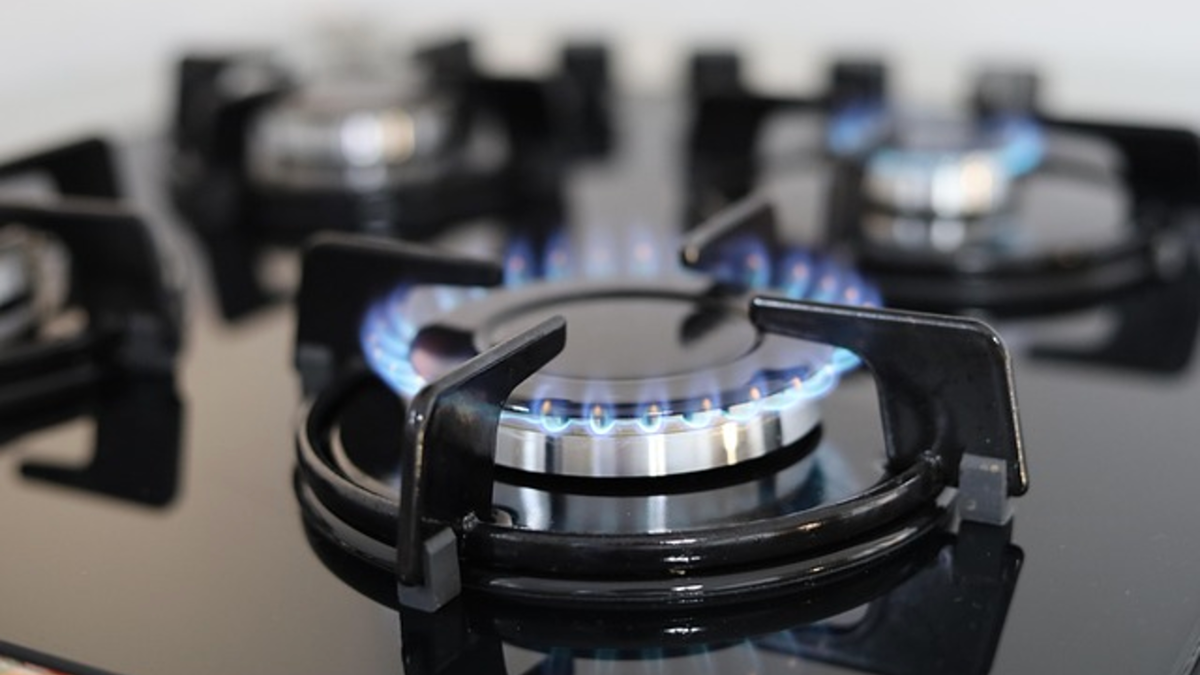Natural gas is the number one energy source for Australian home and business owners. Statistics show that at least 74% of the overall gas consumption is heat and cooking. That said, many homeowners can be at risk if gas lines and appliances aren’t maintained the way they should be.
To keep gas appliances and pipes functioning correctly, experts recommend enlisting the gas plumber Brisbane locals rely on for all their gas installations, fittings, repairs, and replacements. In addition to providing top-notch and highly safe services, local gas plumbers will also share the most common tips to keep your home or commercial space safe when gas is being used.
How Does Gas Work in Your Australian Home?
As a home or business owner, accessing the gas needed for cooking or heating is as simple as turning on a valve and switching on the required appliance. This may leave you wondering how the gas gets to your home in the first place.
Essentially, natural gas is extracted from underground reservoirs found on and offshore. A network of underground pipelines spanning more than 23,000km enables energy suppliers to get gas to your home or business. Gas plumbers ensure that these pipelines and the appliances they connect to are functioning safely.
Gas Safety is Essential in Every Home and Business
No matter where you’re using gas, or how often you’re using it, there’s always a large risk that goes along with using gas. Despite being especially useful, gas is also toxic and can result in death. It’s with this in mind that our team of experts have compiled a list of safety features that any gas users should be aware of when using gas.
1. Know How to Operate Gas Appliances
The number one rule your gas plumber wants you to be aware of is the correct usage of all appliances and devices connected to your gas lines. This can include your water heater, cooking equipment, outdoor BBQ, and even energy-safe refrigerator. The golden rule with these appliances is that they should only be used as intended and should also be dismantled. Never attempt DIY repairs on these.
2. Be Aware of Warning Signs
Gas users should also ensure that everyone in the home or business knows what the warning signs are of gas leaks. The two most significant signs include a blue flame on your cooking appliances. A healthy gas line will have a slow, yellow, and orange flame. When your flame suddenly becomes blue, it’s a clear sign that there’s an issue.
One of the most noticeable signs of a gas leak is the distinct smell of rotten eggs. Although natural gas is inherently odorless, suppliers add a sulfur-like chemical to make leaks easier to detect. This ensures users can quickly recognize and address potential hazards.
3. Know What to Do in a Gas Emergency
Another essential aspect your plumber wants you to know is that there’s no such thing as a minor gas leak. Any gas leak is an emergency that can become fatal if left unattended. When you notice a gas leak, follow these tips:
- Turn off all gas appliances as well as the main gas supply which is usually at the gas meter. Turn the valve to the off position.
- Call your local gas plumber, or 24-hour plumber immediately.
- Open as many doors and windows as possible to provide ventilation.
- Ensure that no one lights a match or cigarette in a home where a leak is suspected.
- Evacuate everyone (including pets) from the home. Call the emergency services if anyone is feeling drowsy and exhibiting flu-like symptoms.
4. Only Use Certified Gas Plumbers
The Australian Law dictates that only a certified gas plumber can do any work on your gas lines, plumbing, or appliances. This means that DIY jobs won’t be compliant with local legislation.
Keep in mind that DIY jobs can be highly dangerous and should never be attempted. Your local 24-hour plumber will have the necessary certification to deal with your gas-related issues.
Using a qualified plumber also ensures that the correct tools are used, and only certified spare parts and components are used. Your plumber will also be able to recommend the safest, and most energy-efficient solutions and components for your repair or upgrades.
5. Install Gas Alarms
A huge safety feature would be to have a gas alarm fitted in your home. Typically called carbon monoxide alarms, these devices work similarly to fire alarms and will alert you when higher-than-usual levels of carbon monoxide are detected. Carbon monoxide is usually found in the home when a blockage occurs in the gas duct or exhaust pipe for waste gases.
Final Thoughts
Every home or business owner who makes use of gas should start by having their appliances and gas lines inspected and analysed by a certified gas plumber. Doing this will enable your plumber to assess the condition of your gas systems and will highlight any necessary potential repairs and upgrades. This will give you peace of mind that everything related to your gas system is working safely.


